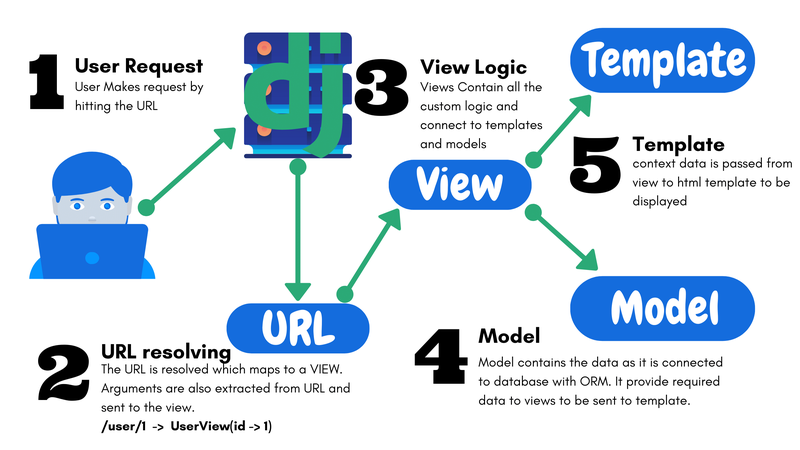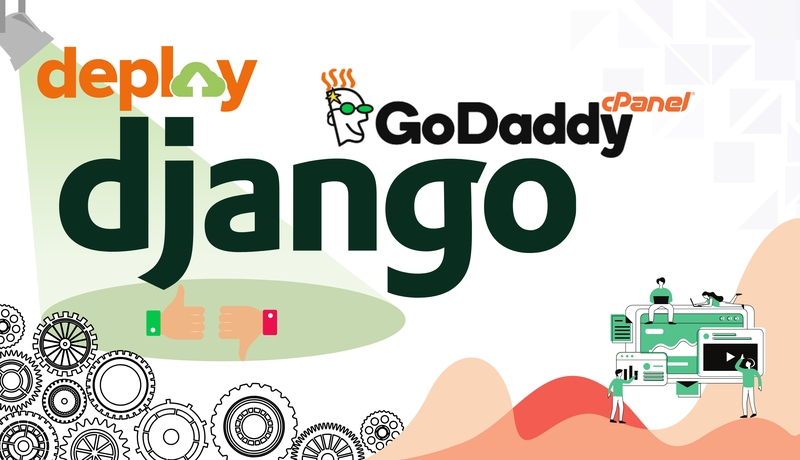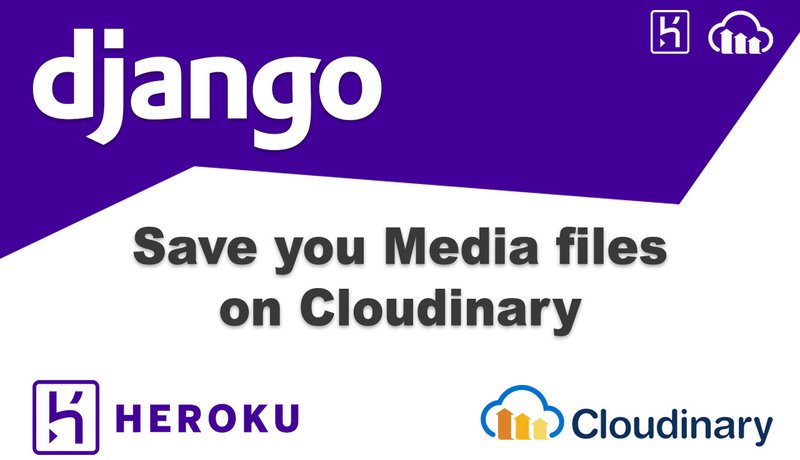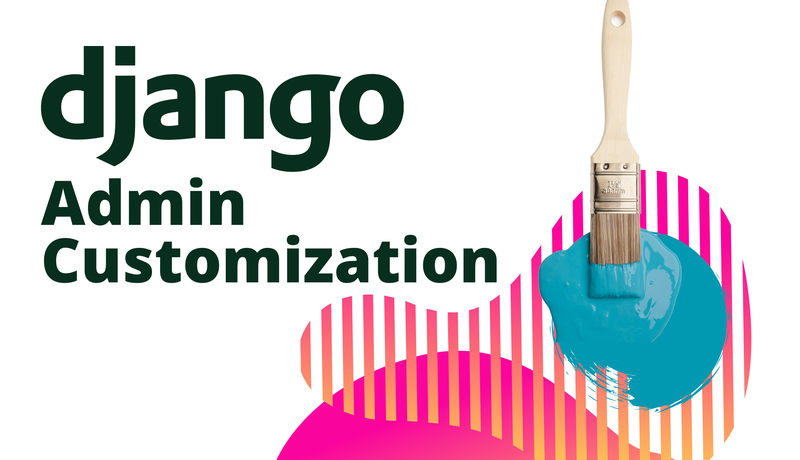
Django Interview Questions?

In this blog, I'll be going over some of the most important interview questions asked during a django developer interview. These include some of the classics as well as my personal experience with the interviews and questions that I recall being asked. let's get right into it...
Since Django is a Python framework so a lot of the questions would be related to Python as well. I will be writing another blogpost for just the Python interview question if you want just those but for now, here will be a mix of python and django questions and answers.
What is Django?
Django is a web framework based on python, it is free and open source. The main purpose of using django is to get some website or web app developed quickly and securely. Although its main purpose is to develop websites but it is vastly used as a REST API back end by a lot of companies who write their mobile app's backend on Django. there are packages like the Django Rest Framework available to help facilitate this feature. Django comes with a lot of the cool features which makes it easier, faster to develop on, and secure.
The main leverage Django has over other frameworks like laravel is that it is based on python and all of the python libraries can be used to get something done which is a huge upside because they are well maintained and there is almost no complexity in using them with django.
Major Uses of Django?
- as a Web Framework (developing websites)
- as a Backend REST API (for mobile/web apps)
- both of the above in single project
Is it a Frontend framework?
NO, It is certainly not a frontend framework however it supports other frontend frameworks to be integrated in it. By default django uses basic HTML/CSS for developing frontend using JINJA template engine to show dynamic data. You can integrate ReactJS, VueJS, Angular possibly others frameworks as well into your django app.
Which Databases does Django Support?
It supports all of the major databases which include:
- SQLite
- MySQL
- PostgreSQL
- Oracle
- Mongo (noSQL databases)
But the goto and most used databases with django are PostgreSQL and MySQL.
It even supports connecting to more than 1 Databases in a single project.
What is the flow of Django?
The flow of Django is not the usual MVC but slightly different naming and what I'll call here MVT (Model View Template). The working can be seen in the image flow here

briefly explaining user hits the URL which is resolved by django and extact 2 main things from the URL i.e. View and parameters passed then that resolved View is run and parameters are passed along which contains further logic and that logic migh require django to get something from the database which are defined as models here the data is retrieved from the models and then passed to the template which then completes the flow. so the actual flow can be formated as URL -> View -> Model (optional) -> template.
5 plus points of Django?
It has the following features that increase the developer's productivity
- Python the best thing about Django is that it's based on Python and thousands of well-maintained python packages are available out of the box to be used without any real limitation.
- ORM (Object Relational Mapping) helps in easily getting data from the db. instead of writing the SQL Query, we can just do like .objects.get() to retrieve data.
- Django Admin, Django comes with a very helpful backend admin which without any coding gives us the CRUD for models, searching, filtering etc.
- Django Class-based Views, Django provides these helping classes from which you can inherit your view, and with minimal code, you can do so much.
- A lot of small things add up to create this experience that django is the best framework like out of the box you get Email implementation, Media/Static files management, logging, User management(with roles, access limitation for admin, etc), manage.py tool which provides some of the very helpful options, etc.
What are views in Django?
Views in django contain all of the logic and are connected to both templates and models. they get the data from models and pass them over to the template.
There are 2 types of views in Django
- Class-based views
- Function-based views






